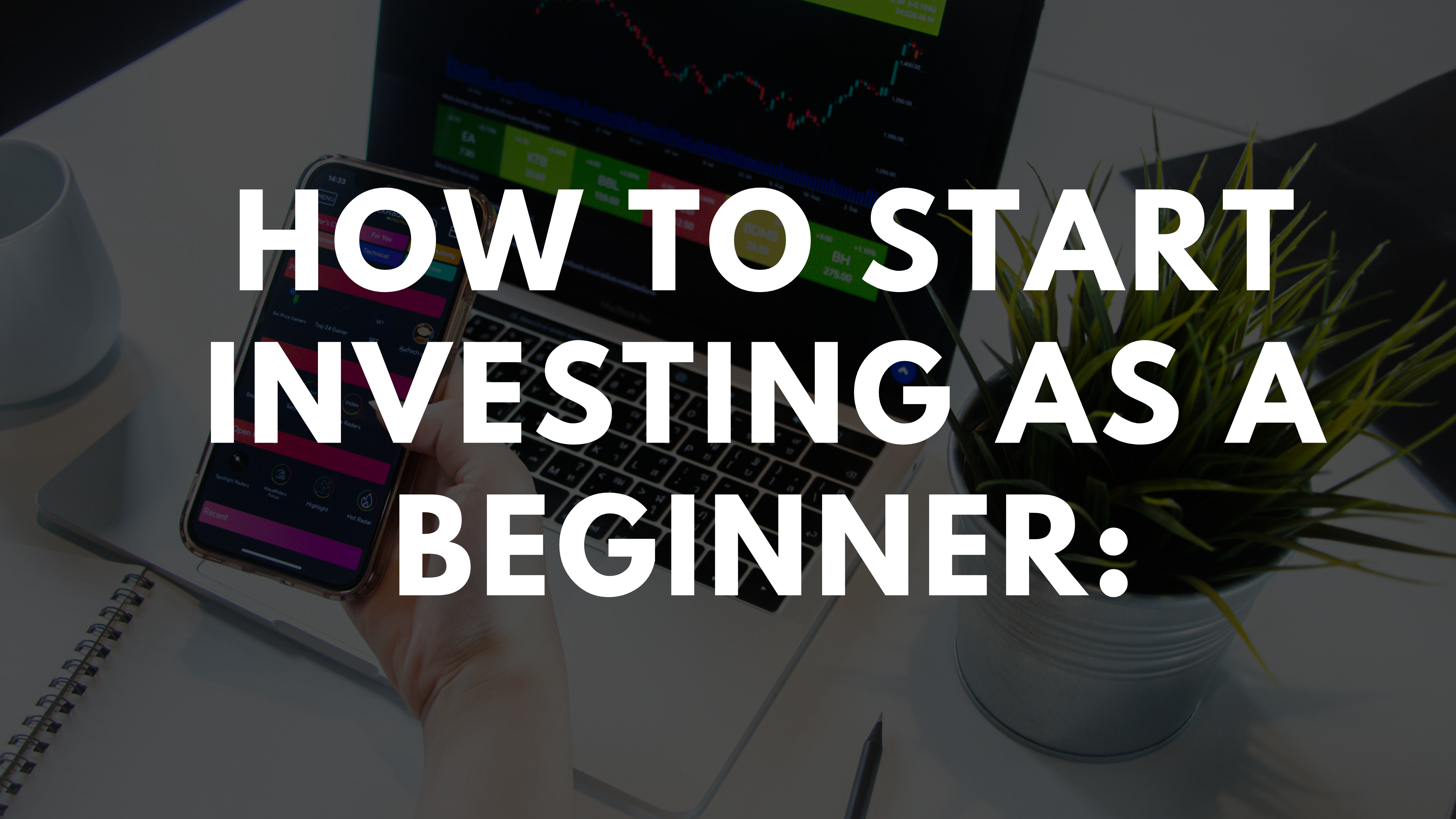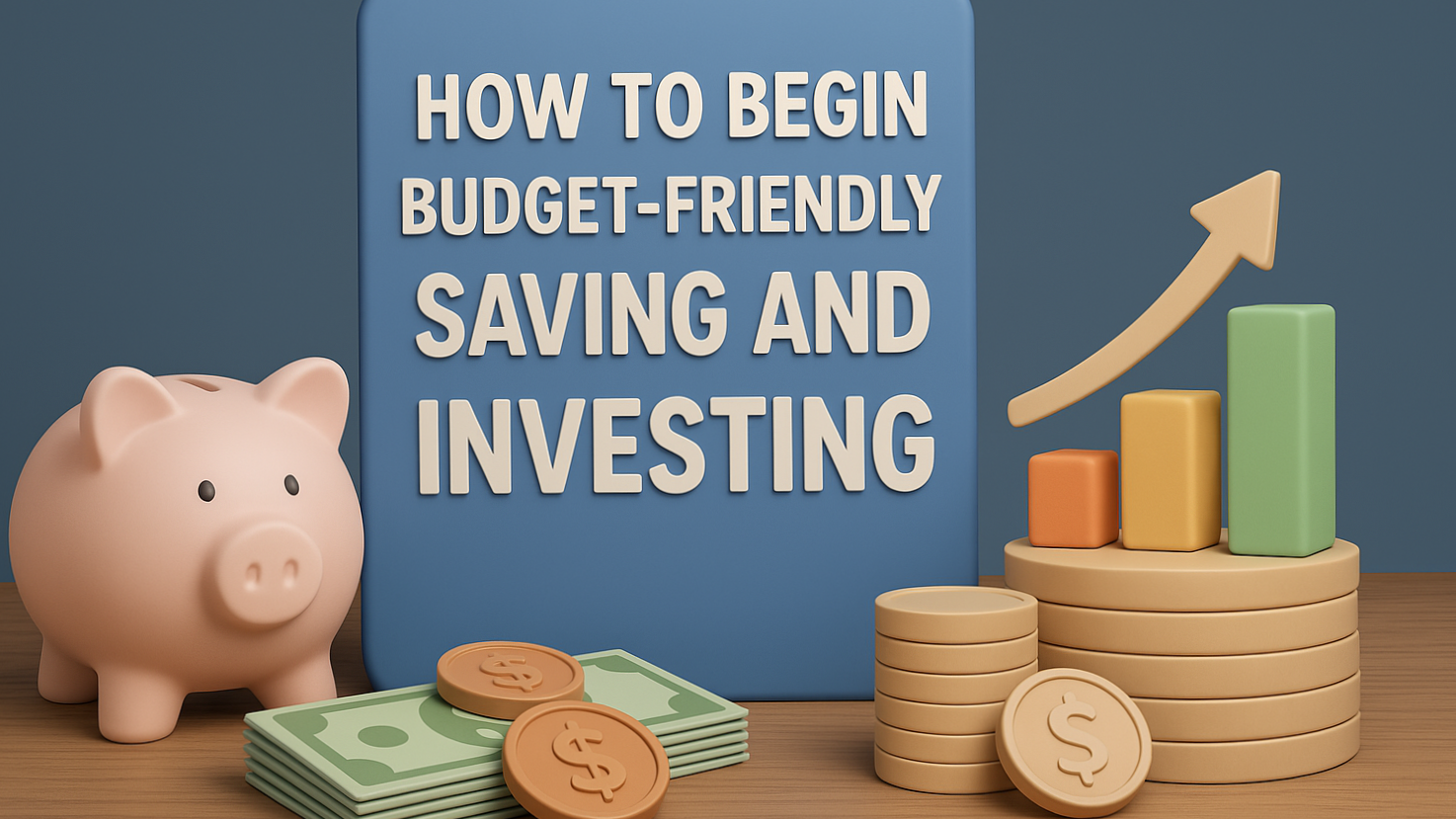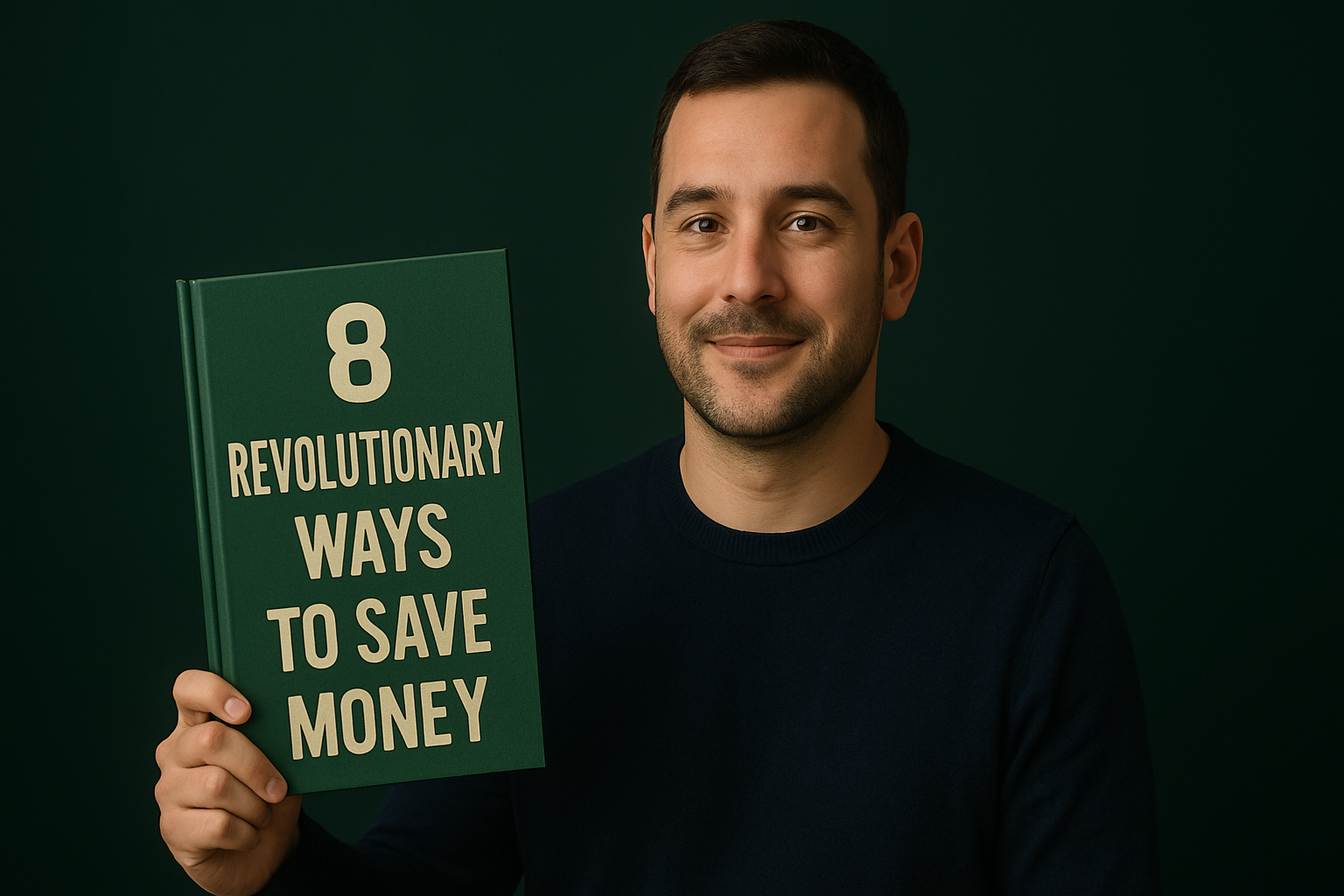Doesn't it sound like a dream? However, it isn't. That's what investing is all about. This site is your doorway to something revolutionary if you've never heard of investing or have always assumed it was just for the wealthy or financial professionals. Building wealth is a meticulously planned process that is carried out rupee by rupee. Investing can be your greatest ally in creating a life of financial security and independence, regardless of your status as a student working a part-time job or someone just starting in the workforce. And no, you don't need a lot of money or a degree in finance to start. All you need is the commitment to study, take action, and stay with the process. Together, we will begin at the beginning and provide you with the most interesting, accessible, and human introduction to the world of investing. So pour yourself a cup of chai, take a seat, and let's start your path to financial independence.
1. Investing: What is it? Savings is not investing.
Investing is the process of using that money to purchase assets such as stocks, mutual funds, gold, or real estate that have the potential to increase in value over time. Consider investing in filling up your automobile and taking it somewhere, and saving by storing your car. Investing aims to increase your money, frequently more quickly than inflation can deplete it. It's a myth. In actuality, it is riskier not to invest. Why? Because inflation lowers the value of each year. You're losing money without even recognising it if you're only saving and not investing. When you make wise investments, your money increases over time, allowing you to do the things you want, such as starting your own business, taking trips across the world, or retiring early. For instance, if you deposit ₹5,000 in a bank savings account that offers 3% annual interest and inflation is 6%, you will lose 3% of your money annually. However, you may beat inflation and increase your money if you put that ₹5,000 into a mutual fund that offers 10% annually.
2. The Power of Compounding: The Best Friend for Your Money, Einstein,
Albert, for good cause, the eighth wonder of the universe is Your Money's Best Friend, compounding. Compounding is the process by which your money makes money, and that money makes more money. This snowball effect has the power to grow even modest inputs into substantial sums over time. The growth appears to be gradual at first. But it will pick up speed after a few years. That is the compounding's power.
How long you stay involved is more important than how much you invest. Your profits will be greater the earlier you begin. The next ideal moment? Today. For instance, you will have more than ₹1 crore if you invest ₹500 each month for 30 years at an average return of 12%. Only ₹18 lakhs of that is what you have invested. The rest is compounded magic.
3. Investment Types: Be Aware of Your Resources
On day one, you don't have to jump right in. Learn about the fundamental kinds of investing first. The most popular choices for novices are: Stocks: Purchasing a tiny stake in a business. Your money grows if the business does. Excellent for novices. Fixed Deposits (FDS): Low returns but safe.
Real estate: Investing in real estate requires a significant amount of money. The simplest and safest approach to begin investing is using mutual funds, particularly SIPS (Systematic Investment Plans). Your money is managed by professionals, and you invest a certain amount each month. Example: Start with SIP in an index fund if you lack the time to research stocks or comprehend the market.
4. How to Begin: A Comprehensive Guide for Novices.
It's easier than you might think to get started. For a home? Retirement? On vacation? Setting clear objectives aids in better planning. Recognise Your Risk Profile: Do you like consistency, or are you comfortable with fluctuations? Select the Correct Investment: Select stocks, mutual funds, or other investments based on your risk tolerance and aim. To purchase stocks or mutual funds, you must open a Demat account.
Begin Small: ₹500 per month is a decent starting point. Be Consistent: Make monthly investments. Avoid skipping. Markets fluctuate, so keep an eye on them but don't panic. Remain composed. Continue learning by reading, watching videos, or keeping up with blogs. You can make better investments if you have more knowledge. For instance, choose apps that are easy for beginners to use, such as Groww, Zerodha, or Paytm Money. They walk you through every stage and even propose money based on your objectives.
5. Beginner Errors to Avoid.
You lose the compounding potential if you start late. Ignoring Advice: Don't invest merely because someone told you to. Conduct independent research. Ignoring Emergency Funds: Before investing, always have money set aside for emergencies. You may suffer financial and emotional consequences from these errors. For instance, Ravi put all of his money into a single stock that a friend suggested. He lost 40% of his money since the business went poorly. Lesson: Always consider long-term and diversify.
6. A Successful Investor's Mentality.
Your mindset will decide your success as an investor more so than your level of expertise. A successful investor believes in growth, ignores market noise, and has a long-term perspective. They are patient, inquisitive, and lifelong learners. They don't contrast their experiences with those of others. Every investment, they realise, is a seed. You will give up too soon if you expect victory right away. You will witness the magic, though, if you maintain your discipline and have faith in the process. Investing alters not only your financial situation but also your perspective. Consider planting a mango tree as an example. In a week, it won't produce any fruits. However, it will eventually yield hundreds of mangoes if you take good care of it, water it every day, and keep pests away. That's the way investment operates.
7. Additional Guidance: How to Make Investing Pleasurable and Sustainable.
Gamify the Process: Use a game-like approach to monitor your progress. Watch the growth of your money. Make a Money Vision Board: Post images of your desired destinations, such as a home, a car, or a trip, on a board. It keeps you motivated. Discuss money with loved ones or friends. It eliminates fear and creates wise behaviours. Read books about finance, such as "The Psychology of Money" or "Rich Dad Poor Dad." Celebrate Your Milestones: Have You Invested for a Year? Give yourself a treat! These little things help you stay inspired. Investing is not a dull activity. It is your pass to liberty. For instance, establish a goal: "I want ₹1 lakh for a solo trip in two years." Monitor it every month. Place a sticker on your vision board for each ₹5,000 you save. It adds enjoyment to the trip.
In summary, the first step is crucial. After you take the initial move, though, you'll question why you didn't do it sooner. Investing is about taking charge of your future, not just about making money. You don't have to be extremely intelligent or wealthy. All you have to do is be consistent and curious. You began by reading this blog. Now promise yourself something. Launch that app, make a little goal, and start moving forward. Follow your interest. Allow the idea of your ideal existence to guide you. Indeed, if this was useful to you,
Click the notification bell, sign up for our newsletter, and forward this to a friend who could also benefit from it. Are you prepared to follow the route? Get more motivational posts, practical financial advice, and resources that make personal finance enjoyable and effective by subscribing!



.png)
 Tajib Ali
Tajib Ali







Comments (0)
Leave a Comment